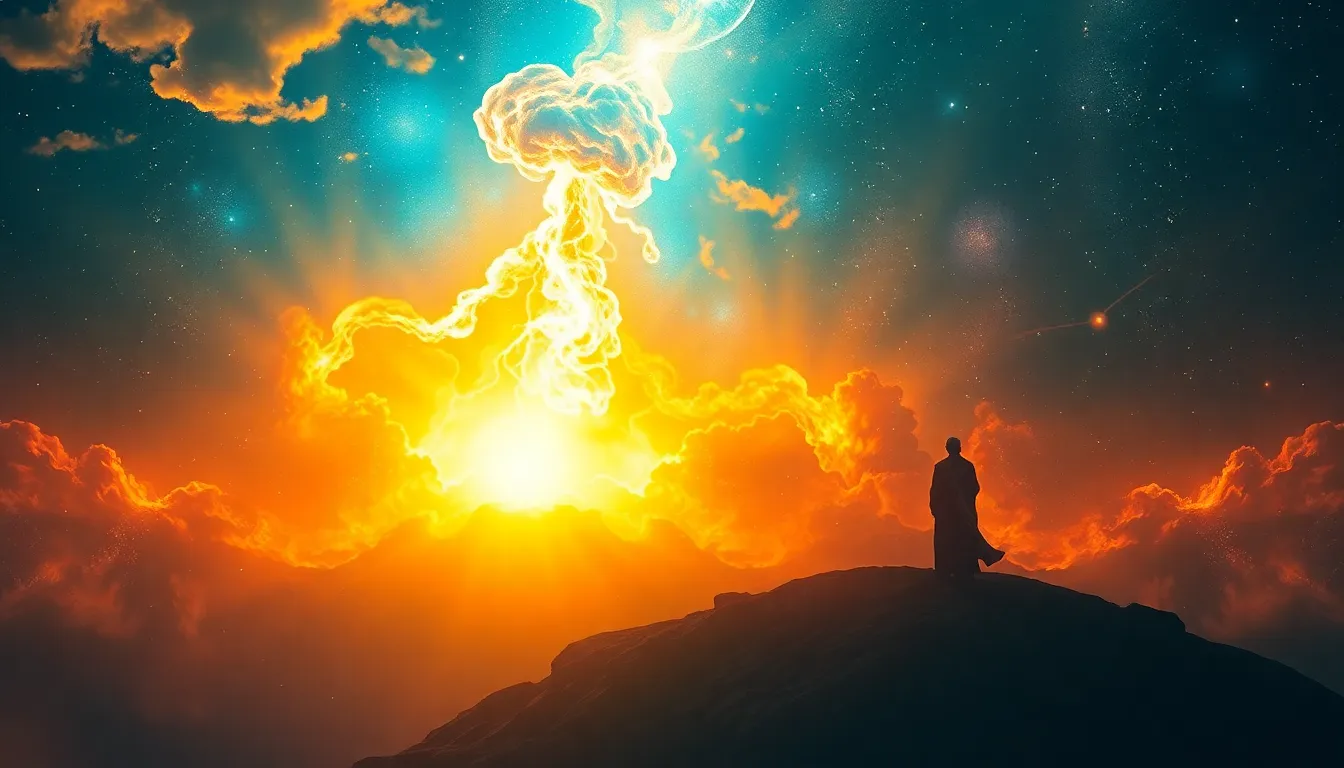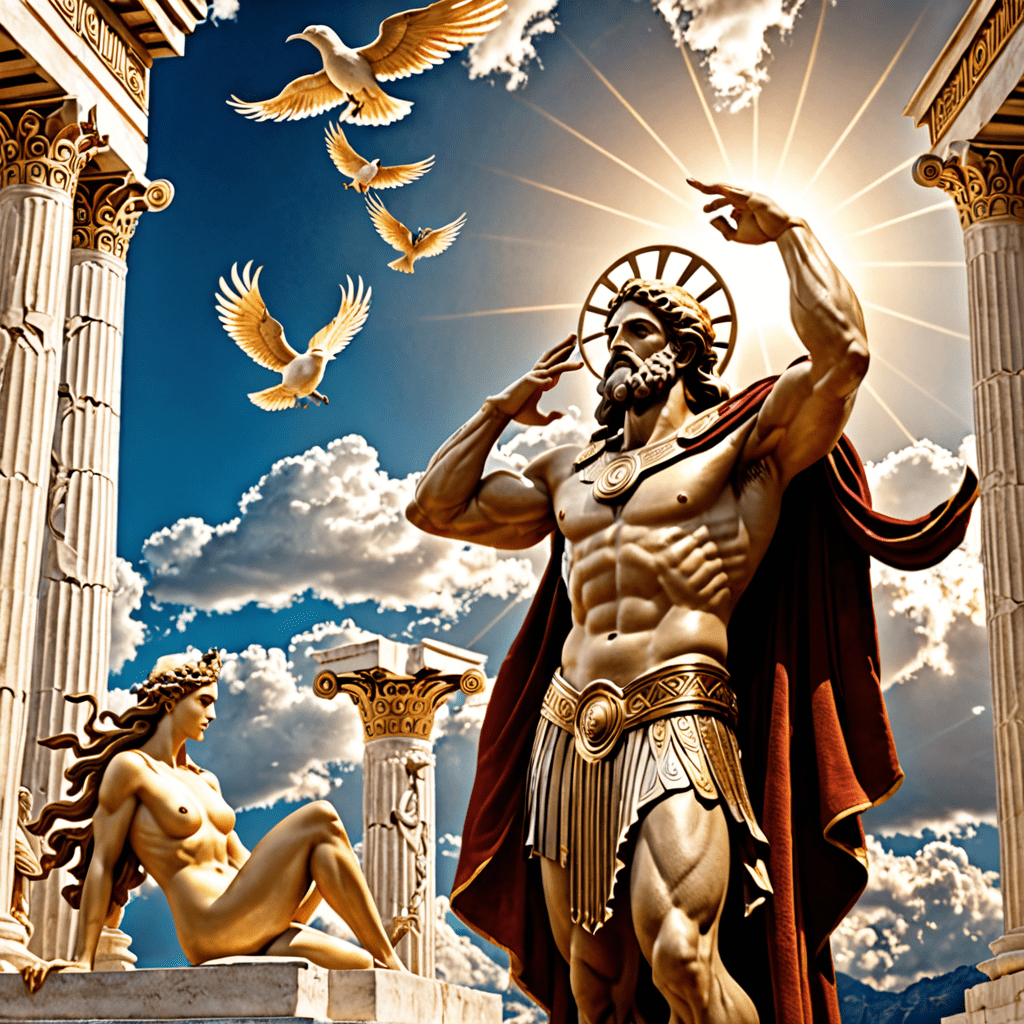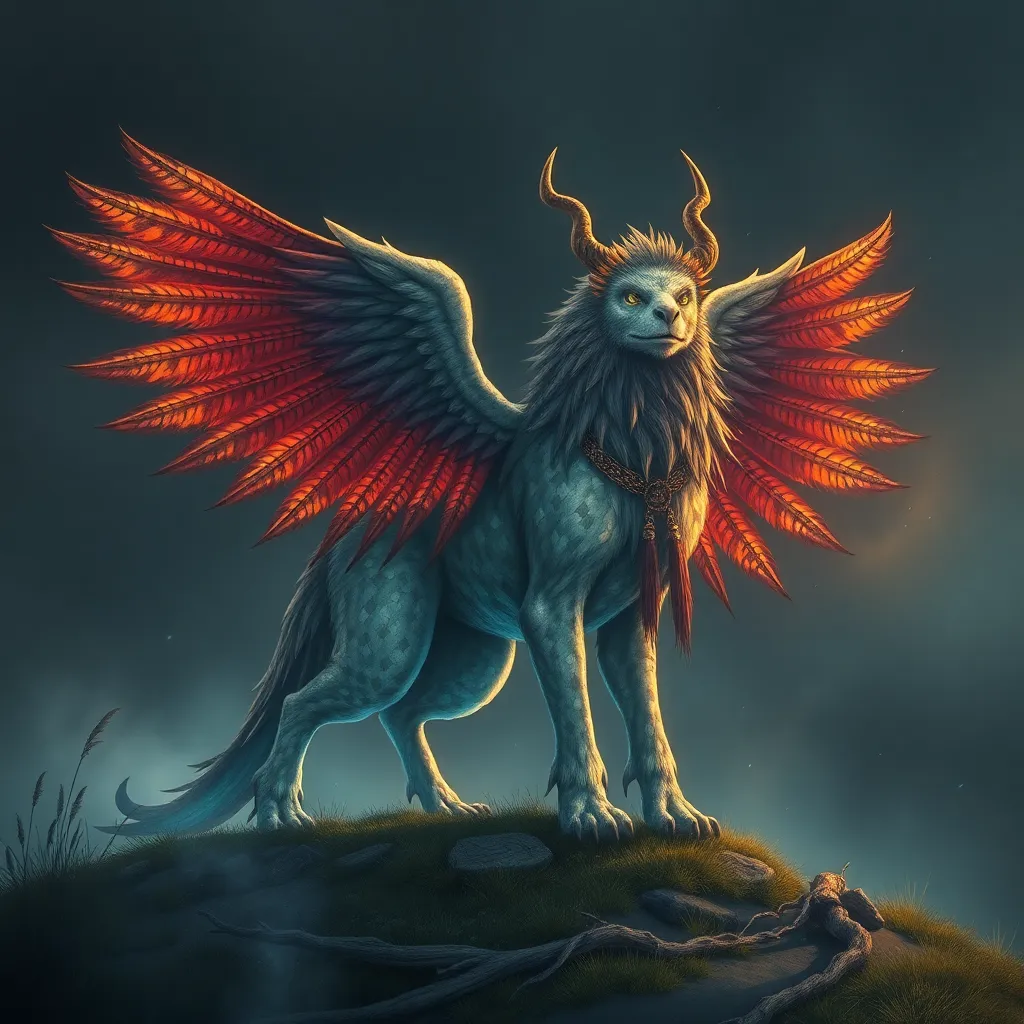The Myth of the Cosmos: How Creation Stories Shape Our Beliefs
I. Introduction
Creation stories have been an integral part of human civilization, serving as foundational narratives that explain the origins of the universe, humanity, and life itself. These stories vary widely across cultures and time periods but share a common purpose: to provide meaning and context to human existence.
The significance of creation myths lies not only in their content but also in how they shape belief systems and cultural identities. They define how communities perceive their place in the cosmos and influence their values, ethics, and worldview.
This article aims to explore the profound impact of creation narratives on culture and identity, examining their historical context, psychological implications, interaction with modern science, representation in popular culture, and their evolution over time.
II. The Role of Creation Myths in Human History
Creation stories have been a cornerstone of human thought throughout history, serving various functions that transcend mere storytelling.
- A. Historical context of creation stories across civilizations: From the ancient Sumerians to indigenous tribes, creation myths have provided explanations for the origins of the earth and humanity.
- B. The function of myths in explaining natural phenomena: These narratives often addressed questions about natural disasters, seasons, and astronomical events, framing them within a divine or supernatural context.
- C. Creation myths as a means of social cohesion and cultural identity: They foster a sense of belonging and shared history among members of a community, reinforcing collective identity.
III. Comparative Analysis of Creation Stories
Throughout human history, several major creation myths have emerged, each offering unique insights into the beliefs and values of their respective cultures.
- A. Overview of major creation myths:
- Genesis from the Bible: A narrative of a singular, omnipotent creator shaping the world in six days.
- The Big Bang Theory: A scientific explanation for the universe’s beginnings, framed within a cosmological framework.
- Hindu cosmology: Offers a cyclical view of creation, destruction, and rebirth through deities like Brahma, Vishnu, and Shiva.
- B. Common themes and motifs across different cultures: Themes of chaos, order, creation from nothingness, and the role of a creator deity are prevalent in many myths.
- C. Differences in worldview and cosmology reflected in these myths: While some myths present a linear perspective of time and creation, others embrace a cyclical nature of existence.
IV. The Psychological Impact of Creation Stories
Creation myths profoundly influence individual psychology, shaping personal identity and moral frameworks.
- A. How creation myths influence personal identity and self-perception: Individuals often draw upon these narratives to understand their origins and purpose, leading to a sense of belonging.
- B. The role of myths in shaping moral and ethical frameworks: Many creation stories include moral lessons or divine commandments that guide behavior and societal norms.
- C. Psychological effects of belief in a particular cosmology: Believing in a creation myth can provide comfort and stability, especially in times of uncertainty.
V. Creation Myths and Modern Science
The relationship between creation myths and scientific explanations is complex, marked by both conflict and dialogue.
- A. The conflict and dialogue between scientific explanations and traditional narratives: While some view scientific theories as undermining religious creation stories, others find ways to harmonize the two.
- B. How modern cosmology influences contemporary beliefs about creation: Discoveries in astrophysics and biology challenge traditional narratives and encourage reevaluation of ancient stories.
- C. The role of education in shaping perceptions of creation stories: Education plays a crucial role in promoting scientific literacy, which can influence individuals’ beliefs about creation.
VI. Creation Stories in Popular Culture
Creation myths have permeated literature, film, and art, shaping how society perceives these narratives.
- A. Representation of creation myths in literature, film, and art: Many modern works reinterpret these stories, making them accessible to contemporary audiences.
- B. The impact of popular culture on the perception of these stories: Popular culture can either reinforce traditional beliefs or challenge them, leading to a broader dialogue.
- C. Case studies of specific works that reinterpret creation myths: Notable examples include films like “2001: A Space Odyssey,” which juxtaposes science fiction with existential questions about creation.
VII. The Evolution of Creation Narratives
Over time, creation narratives have adapted to reflect societal changes and emerging worldviews.
- A. How creation myths adapt over time to reflect societal changes: As cultures evolve, their creation stories often undergo reinterpretation to resonate with contemporary values.
- B. The emergence of new creation narratives in the digital age: Digital storytelling and social media have given rise to new myths that reflect current existential anxieties.
- C. The role of globalization in blending and reshaping creation stories: Global interconnectedness has led to cross-cultural exchanges that influence how creation myths are understood and retold.
VIII. The Influence of Creation Myths on Environmental Beliefs
Many creation stories emphasize humanity’s relationship with nature, informing contemporary environmental movements.
- A. Examination of creation stories that emphasize humanity’s relationship with nature: Myths that depict harmony between humans and the earth often inspire ecological stewardship.
- B. How these narratives inform contemporary environmental movements: Activists draw upon these stories to advocate for sustainable practices and conservation efforts.
- C. The potential for myths to inspire ecological stewardship: By framing environmental issues within a mythological context, communities can foster a deeper connection to the natural world.
IX. Critiques of Creation Myths
While creation myths hold significant cultural value, they also face criticism and skepticism.
- A. Analysis of challenges to traditional creation narratives: Scientific advancements and secular philosophies challenge the validity of many creation stories.
- B. The impact of skepticism and secularism on belief systems: As secularism rises, many individuals question the relevance of traditional myths in modern society.
- C. Alternative narratives: New narratives, such as those arising from indigenous perspectives or scientific explanations, offer alternative frameworks for understanding existence.




